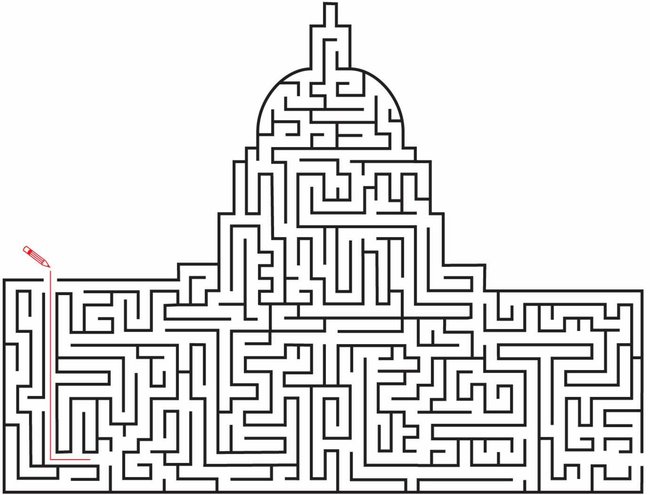| Want to send this page or a link to a friend? Click on mail at the top of this window. |
| More Books and Arts |
| Posted November 19, 2010 |
|
O.K., You Fix the Budget |
|
|
|
|
 |
|
|
FELIX SOCWELL |
|
|
By DAVID LEONHARDT |
| Wehaitians.com, the scholarly journal of democracy and human rights |
| More from wehaitians.com |